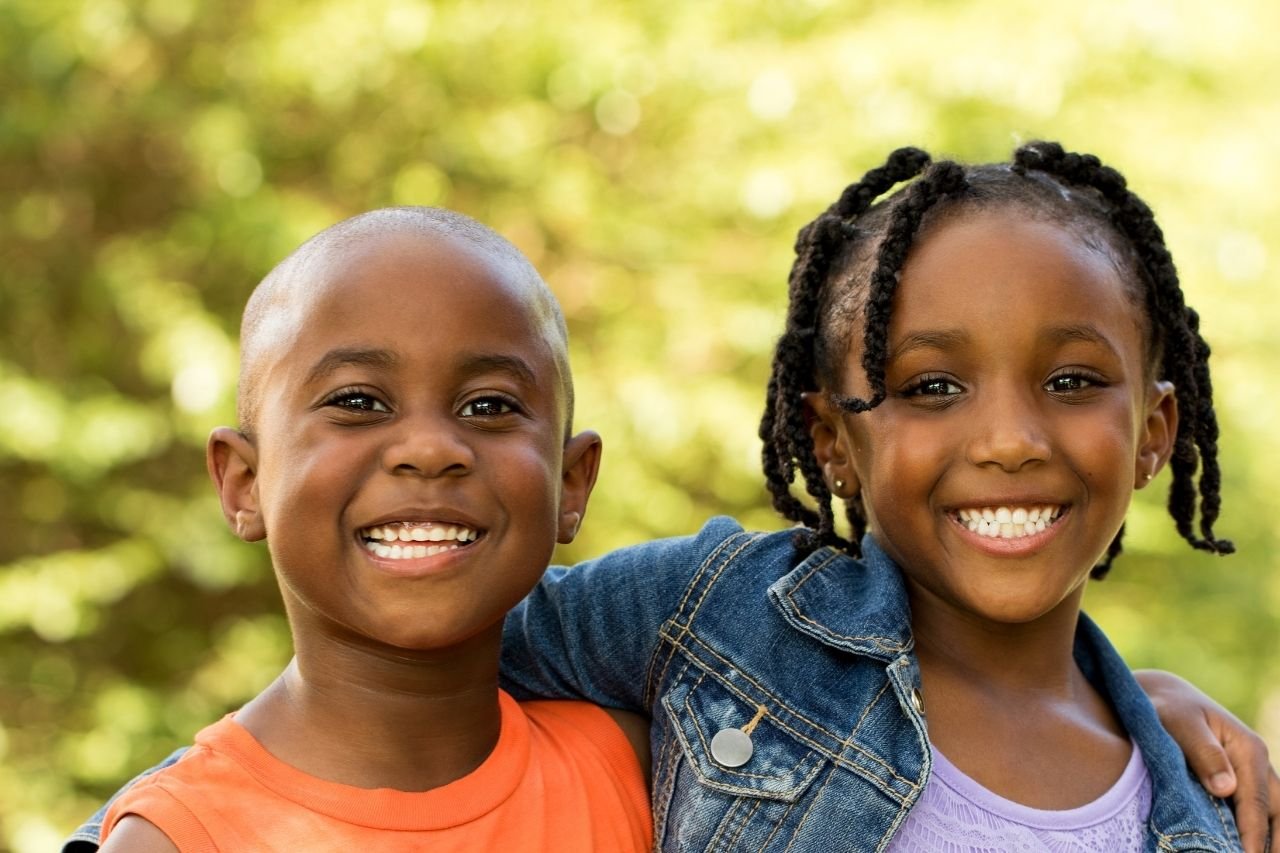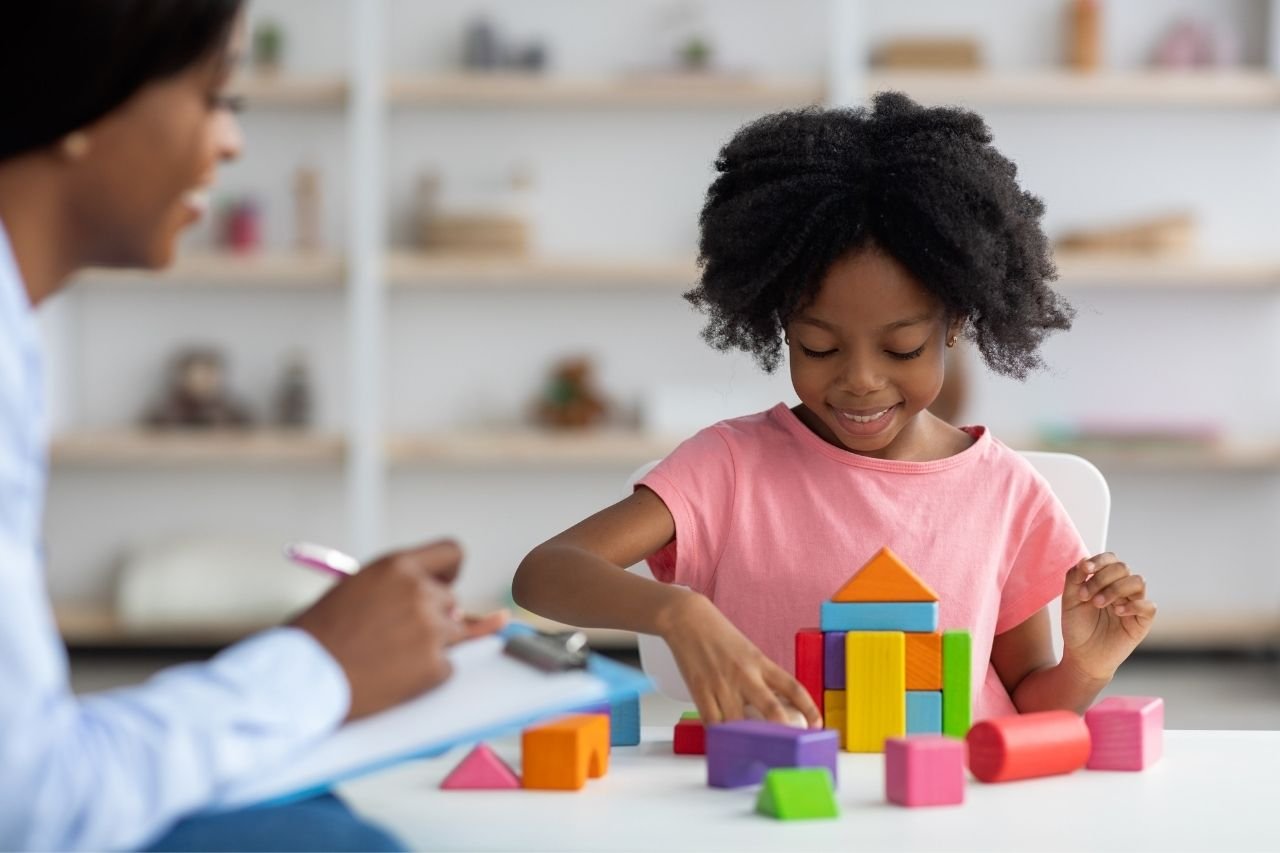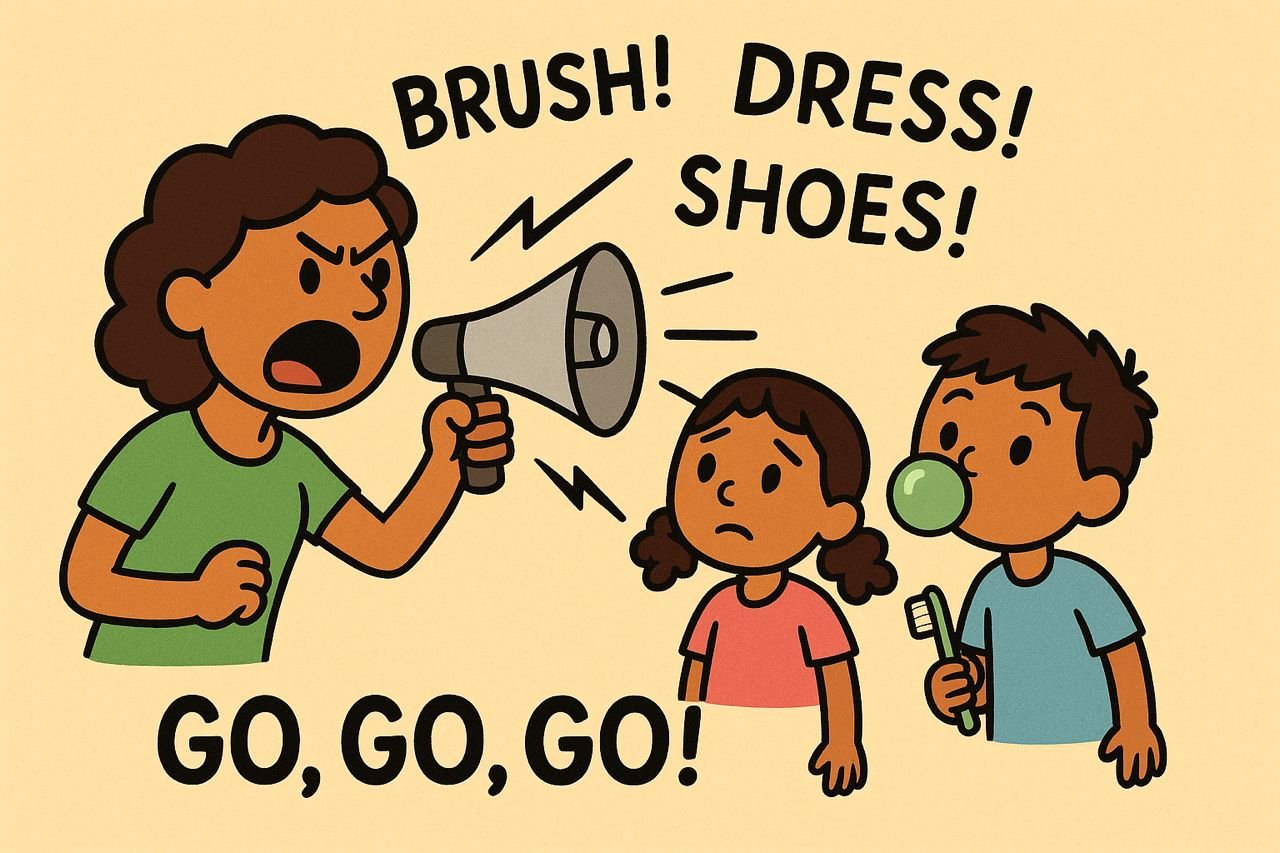Understanding Your Child’s Growth Milestones: What Every Parent Should Know
Watching a child grow is one of life’s greatest joys. From their first smile to their first steps, every stage of development brings excitement, challenges, and a new sense of wonder. But as magical as these moments are, they can also leave parents wondering: Is my child developing normally?
Understanding growth milestones helps parents recognize what’s typical for each age and how to support their child’s physical, emotional, and social development. Every child grows at their own pace, but knowing the general timeline can ease worries and guide you in nurturing their unique journey.
What Are Growth Milestones?
Growth milestones are developmental markers that indicate how a child is progressing physically, emotionally, cognitively, and socially. They’re not rigid deadlines, but rather signposts that help parents and caregivers track progress and identify areas where a little extra support might be needed.
Milestones cover four main areas:
-
Physical development – movement, coordination, and motor skills
-
Cognitive development – learning, problem-solving, and thinking skills
-
Social and emotional development – how children interact and express feelings
-
Language and communication – how they understand and use words
Children may hit these milestones at different times, and that’s perfectly okay. What matters most is steady progress and a nurturing environment that encourages exploration and growth.
Birth to 12 Months: The Year of Discovery
Your baby’s first year is a whirlwind of rapid change. They’ll transform from a newborn who depends entirely on you into a curious explorer eager to interact with the world.
-
Physical milestones: By 3 months, babies begin to lift their heads and follow moving objects. Around 6 months, many start sitting with support and rolling over. By 12 months, they may crawl, pull up to stand, or even take those precious first steps.
-
Cognitive milestones: Babies start recognizing familiar faces, responding to their names, and exploring cause and effect—like realizing that shaking a rattle makes a sound.
-
Social and emotional milestones: Smiles, giggles, and babbling begin as babies learn to connect with their caregivers.
-
Tip: Provide safe spaces for movement and play. Soft, stretchy clothing helps babies move freely and stay comfortable during these active moments.
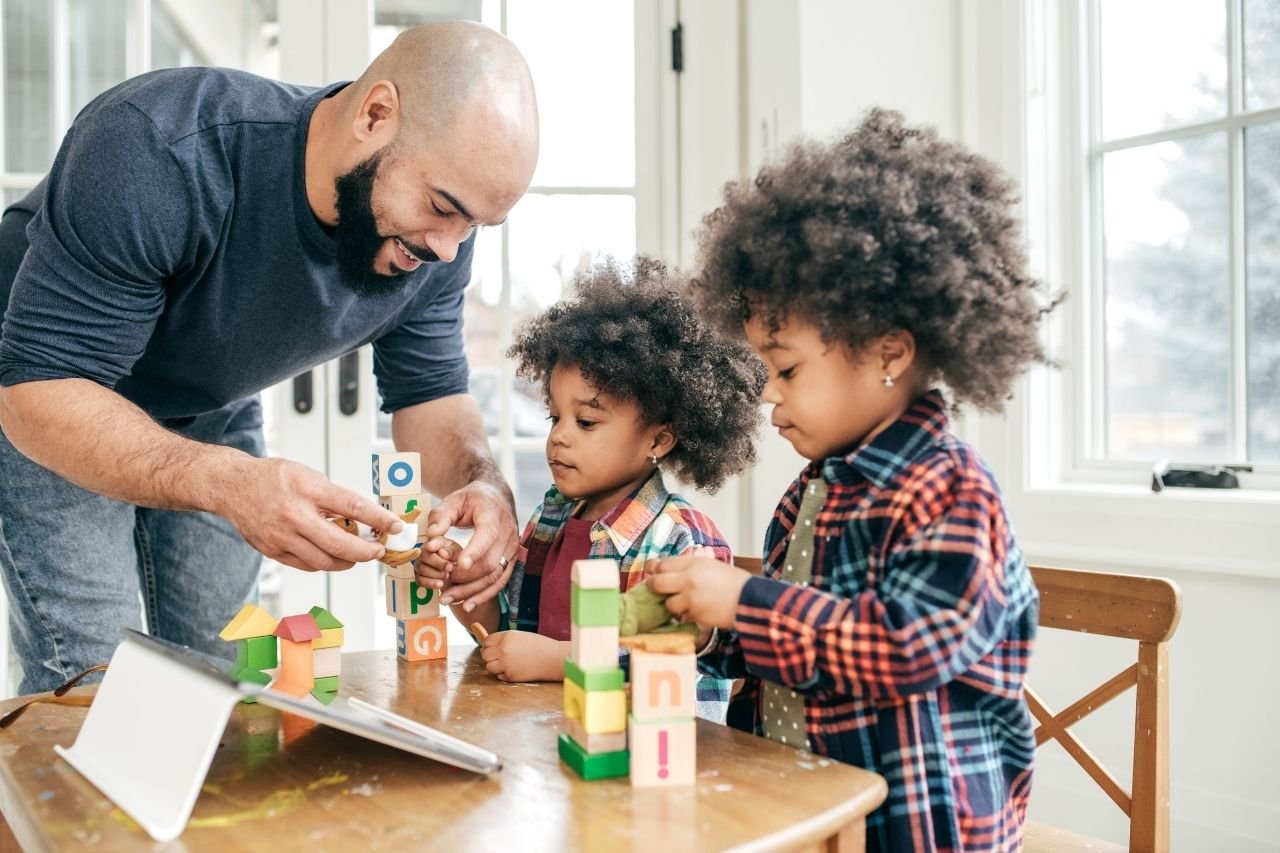
1 to 3 Years: The Toddler Adventure
Toddlers are on the move—and full of opinions! This is when curiosity takes center stage, and independence blossoms.
-
Physical milestones: Walking, running, climbing, and eventually jumping become part of daily life. Fine motor skills improve as toddlers learn to hold spoons, build with blocks, and turn book pages.
-
Cognitive milestones: Expect bursts of problem-solving and pretend play. Toddlers start understanding simple instructions and love repeating new words.
-
Social and emotional milestones: You’ll see signs of empathy, frustration, and independence. Tantrums are normal—they’re learning to navigate big emotions in a small body.
-
Tip: Encourage exploration safely. Comfortable, breathable clothes that can handle spills and tumbles make adventures easier for both parents and kids.
3 to 5 Years: The Preschool Stage
Preschoolers are like little sponges—absorbing language, social skills, and imagination at lightning speed.
-
Physical milestones: Coordination improves dramatically. Many children can hop, throw, and catch with increasing accuracy.
-
Cognitive milestones: This is the age of “why?” questions. They begin to understand time, count objects, and recognize shapes and colors.
-
Social and emotional milestones: Play becomes more cooperative, and friendships start forming. They also begin to show pride in accomplishments and empathy for others.
-
Tip: Give children space to express themselves—through art, pretend play, or even choosing their own outfits. Letting them pick from a few weather-appropriate options boosts confidence and decision-making.
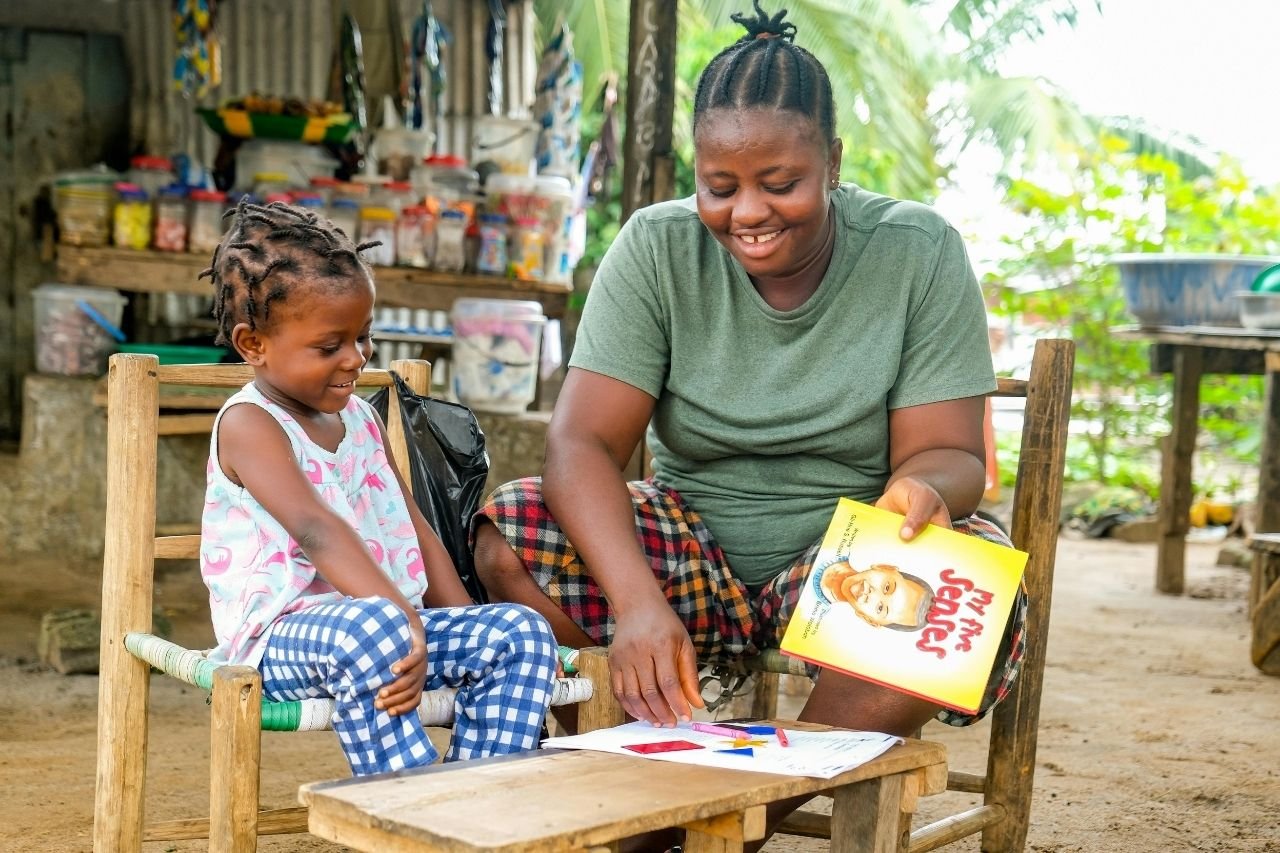
5 to 8 Years: The Foundation Years
As children enter school, they continue to refine their abilities while learning how to navigate larger social circles and structured routines.
-
Physical milestones: Kids become more coordinated and may develop interests in sports or dance.
-
Cognitive milestones: Reading, writing, and logical thinking take off. They start solving problems more independently and understanding abstract ideas like fairness.
-
Social and emotional milestones: Friendships deepen, and peer approval becomes increasingly important. Parents’ role shifts from direct involvement to guidance and emotional support.
-
Tip: Encourage a balance between physical activity, creativity, and rest. Simple routines—like laying out comfortable school clothes the night before—help build responsibility and independence.
What If My Child Seems Behind?
It’s natural to compare, but remember: every child’s journey is different. Some may talk early but walk late; others may be social butterflies but slow to read. Developmental variations are normal.
However, if you notice consistent delays—such as not meeting multiple milestones over time or regression in skills—it’s wise to discuss your concerns with a pediatrician or child development specialist. Early support can make a big difference.
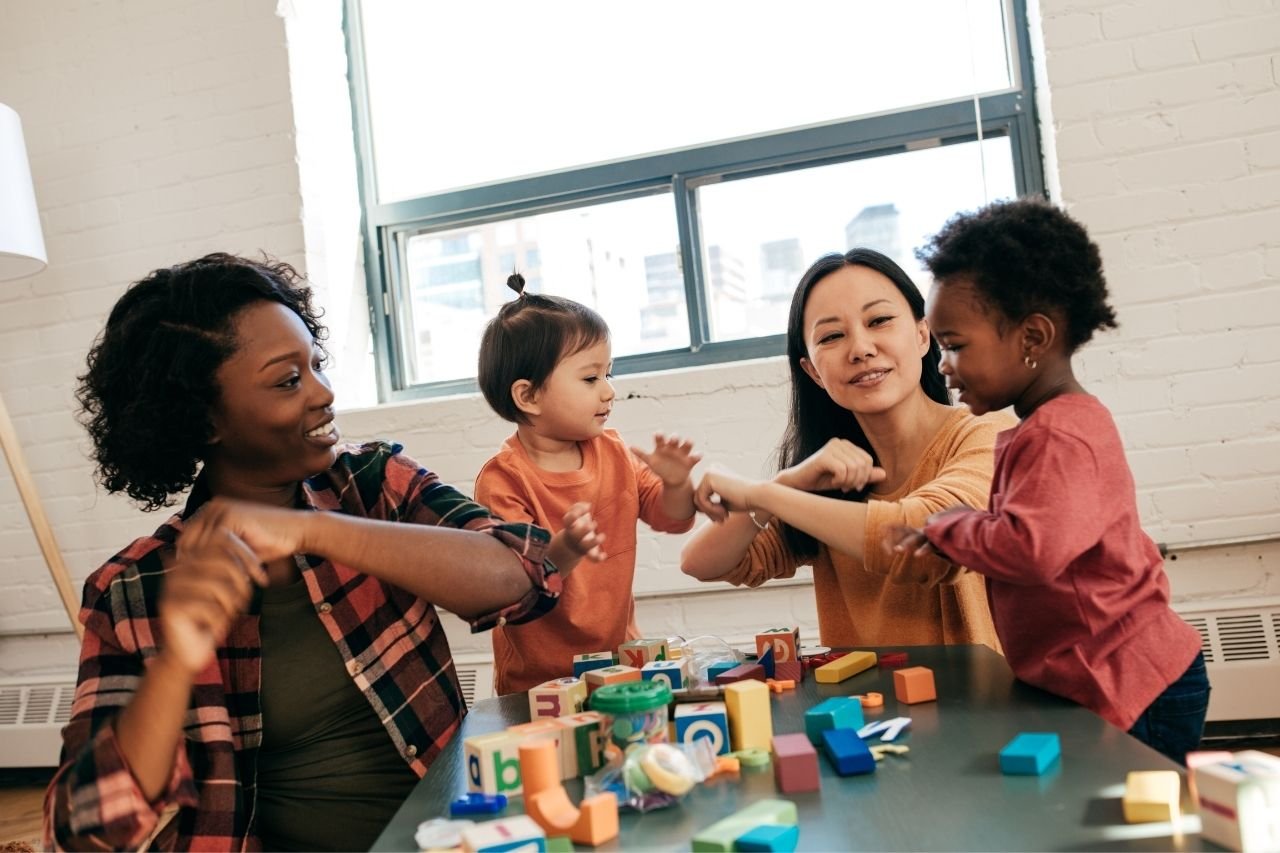
How Parents Can Support Healthy Development
-
Provide a safe and stimulating environment: Offer toys, books, and activities that encourage curiosity and creativity.
-
Celebrate effort, not just achievement: Focus on your child’s attempts rather than perfection.
-
Encourage movement and play: Both structured and free play build strength, coordination, and confidence.
-
Foster emotional intelligence: Talk about feelings and model empathy.
-
Ensure comfort: Clothing that allows freedom of movement helps kids explore confidently and stay focused on play—not discomfort.
Final Thoughts
Understanding your child’s growth milestones isn’t about checking boxes—it’s about appreciating the beauty of progress and being present for every small victory. Each laugh, wobble, and word is a step toward independence and discovery.
Parenthood isn’t about rushing the process—it’s about nurturing it. With patience, love, and attention to your child’s needs, you’re building the foundation for a confident, capable, and happy future.
